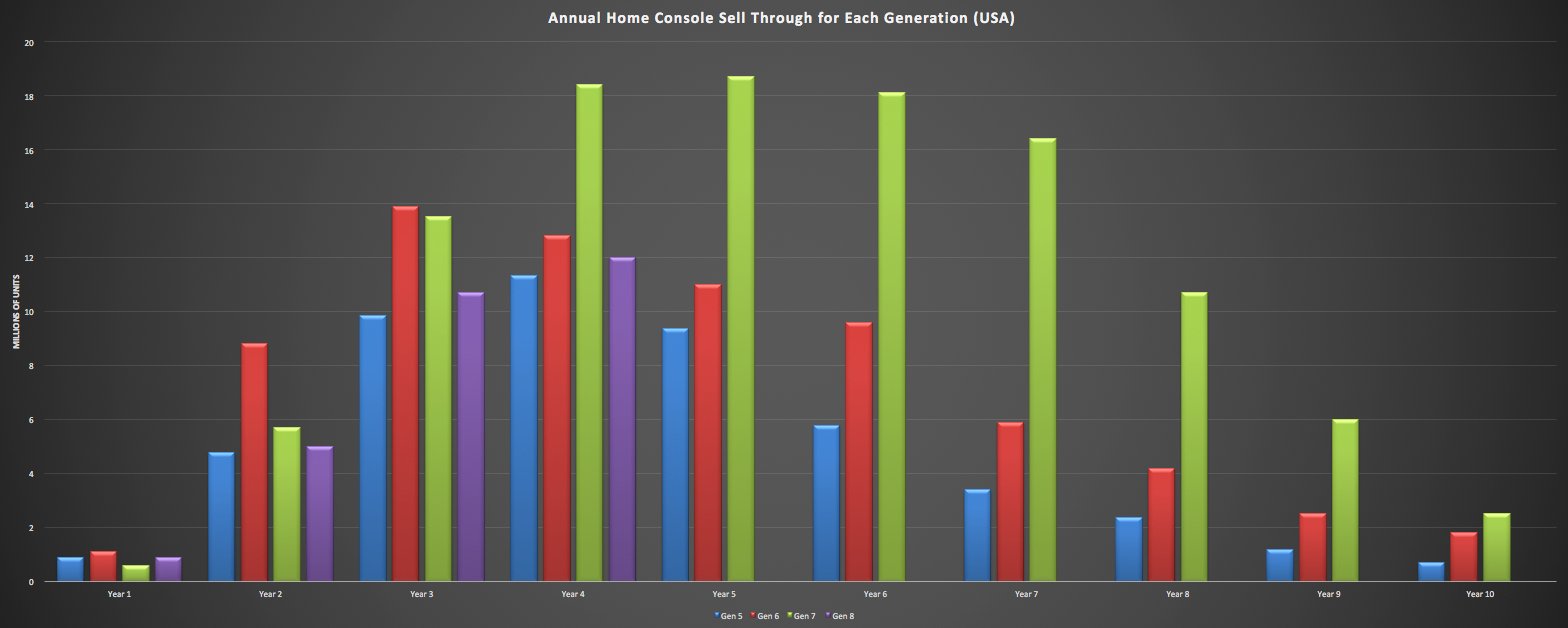Has there been any attempt on the part of developers to streamline the development process in some way since last gen? I'm really curious about that and if publishers/developers are looking do something about it
I know Jonathan Blow made a couple of videos, exploring the idea of a new programming language for game developers. I'm talking about something along those lines. Maybe there's advancements in other fields like Hollywood in regards to animation and modeling that could hlep reduce costs in the future? I dunno, anything in that direction really
The tools are actually awesome. After new distribution models (a la Steam/PSN/XBLA), it's the most important thing fueling the indie revolution. Almost every indie game out there runs on Unity, Unreal, or GameMaker, and it helps them make things they could have never hoped to otherwise.
However, major publishers realized that if they have an awesome toolset and still spend $60 million making a game, they could effectively force out (from AAA development) anyone who didn't have both the financial wherewithal and development toolset to compete while netting comically huge sales for themselves. And it's been super effective. Japan once ruled the roost on consoles, and now they've all been pushed out of the upper echelon.
Of course, these publishers have had to adapt to their own creation, so you saw EA, Take-Two, and Activision shut down studios en masse and Ubisoft balloon up with 7000 extra staff over the past 10 years. However, it's working, and a lot of these publishers are making way more money than they used to.
Since they know exactly what they're doing, they also hedged their bets by heavily investing in mobile, PC, and/or emerging markets to make sure they were fine in case anything went wrong.
One potential side effect of their strategy that actually helps them though is that the publishers who couldn't compete didn't necessarily go out of business, they just changed their business model, and now provide a lot of the digital offerings and the seeming resurgence of trying to offer mid-tier titles again. Rocket League and Dragon Ball XenoVerse don't exactly compete with Grand Theft Auto V, but they make a large variety of customers happy and keep them active in gaming.
The real question is if we ever fall off the balance point where what has emerged still works in terms of shifting tons of consoles. So far, as I said, things look good, but I don't blame anyone for being skeptical. We've seen a lot of games showing their seams this generation.



